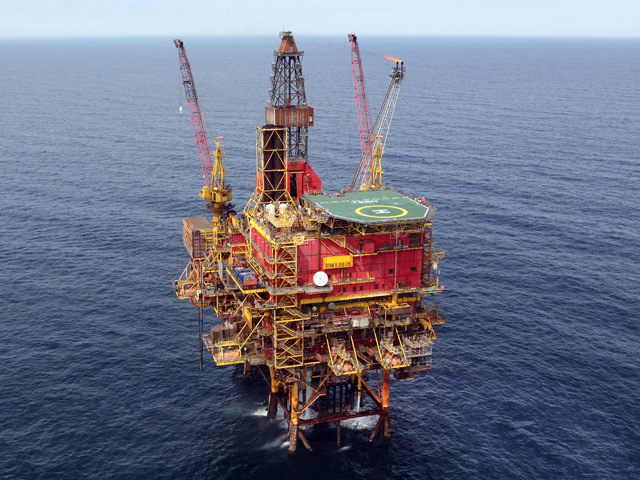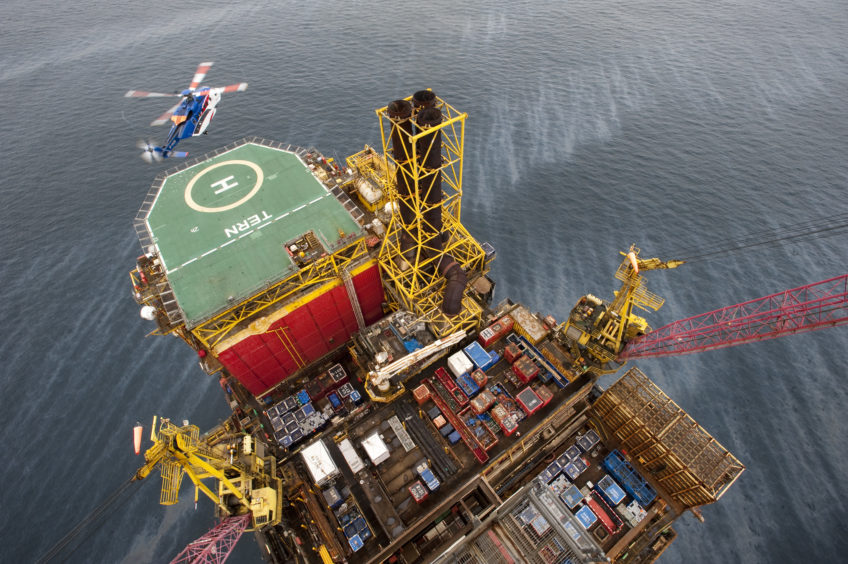
TAQA’s Tern platform, which stands 105 miles north-east of Shetland, is still relying on a backup power generator.
Last week it was reported by Energy Voice that work was being carried out to restore primary power after an outage in the early hours of Thursday morning.
When asked for an update on the situation, TAQA (ADX: TAQA) said: “The Tern Alpha platform is currently using its backup power generator to provide basic services.
“We have implemented a plan to re-establish main power generation and are working to restore full operational capability as soon as possible.”
TAQA ‘reduced the number of non-essential personal’
The platform initially lost power at 1:30 am and cause 18 workers to be flown home as their work could not continue.
There were still 102 people working onboard Tern following the departure of these “non-essential personal”.
The North Sea operator added: “TAQA has reduced the number of non-essential personal onboard until main power is restored and planned activities can recommence.”
Following the initial power outage, backup generators onboard the rig ensured that the crew were not without power for too long as electricity was quickly restored.
At the time a TAQA spokesperson said: “The platform has established basic services power generation and the crew are working to reinstate main power generation as soon as possible.
“There was no evacuation of employees. However, 18 people are being flown onshore today as their work scopes can’t continue and 102 people remain on board with safety our priority.”
Tern to be decommissioned
Allseas won what it has described as the largest ever single decommissioning contract for the UK North Sea by weight with TAQA last year, for removal post 2025.
Taqa previously said it expects to cease production at Tern around Q4, 2023.
The contract with TAQA will see Allseas remove the Tern platform along with the Eider Alpha, North Cormorant and Cormorant Alpha installations.
The aim of the project is to reuse or recycle a minimum of 95% of the materials from the dismantling process, however, Allseas has not disclosed where they will be taken to shore for removal.
The company said it is the largest single offshore UK Continental Shelf decommissioning contract scope to date, with the topsides and jackets to be removed weighing around 114,000 tonnes.
Recommended for you

